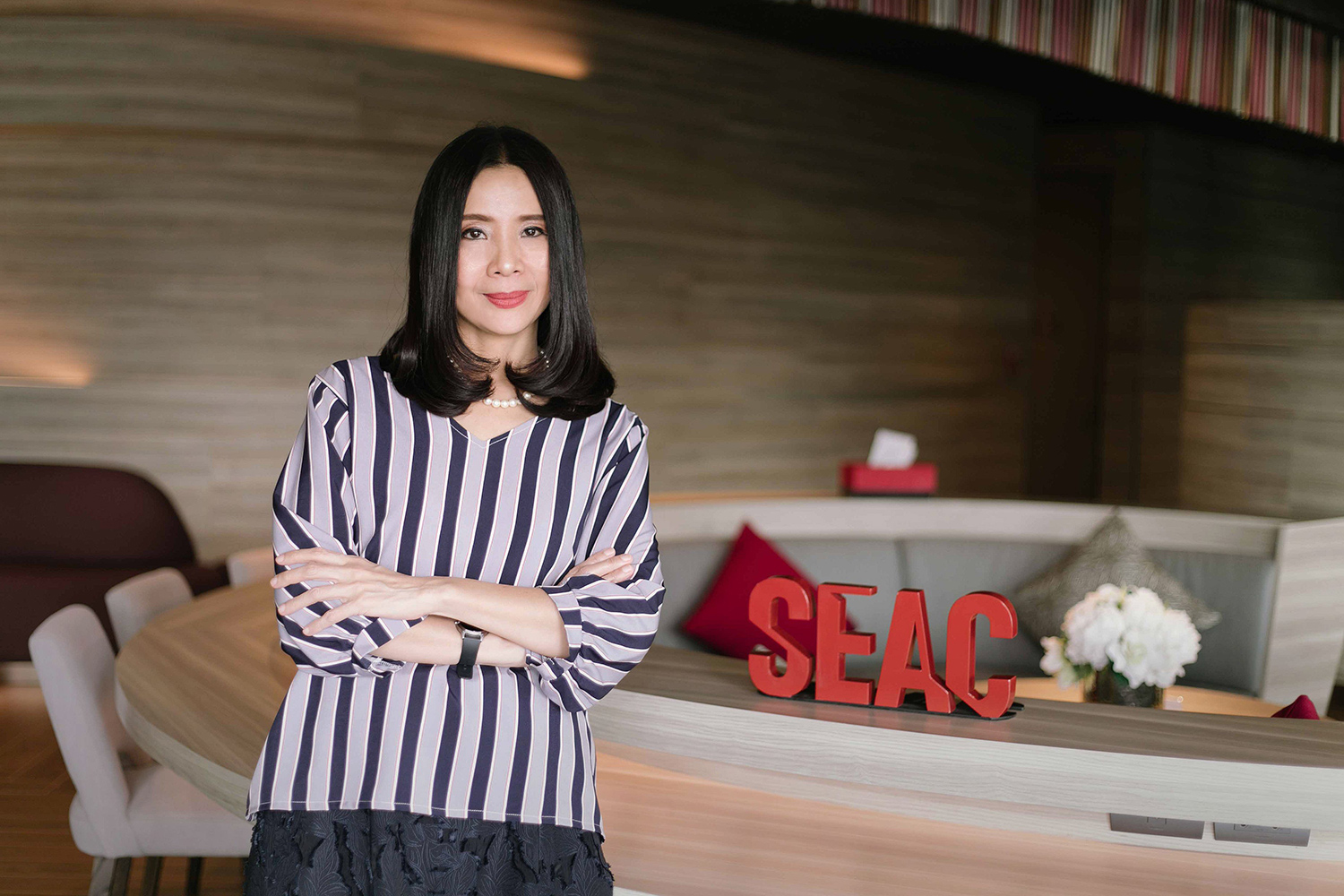
Although the pandemic seems to be easing in our country, it doesn’t necessarily mean we’re free from uncertainty and future disruptions. Many organisations today are still struggling to survive challenges that range from economic disruption to swift changes of consumer behaviour.
There is no formula for overcoming this crisis, nor is there a secret recipe for surmounting the changes and challenges that come our way. The only key is to move with change — and that means we as individuals and as an organisation must constantly change.
However, change isn’t easy for anyone. It’s even harder for an organisation that comprises many individuals that process and react to change differently. Even worse, the idea of change can be different for each individual. In the end, chaos can ensue and no one has control over what happens to the business.
Amid crisis and change, the only way to survive is to find new business opportunities. While innovation is one way to do this, the most important key is to be able to shift your mindset and open up to new perspectives.
New opportunities during a crisis don’t come about from things others have done that we can do. Rather, we must learn from what others are doing and find our own solutions. While we do need to innovate to find new ways of serving our customers, we need to begin with shifting our perspective. Shifting our perspective does three things:
First, it helps us discover new insights because we see things beyond our own experience. Second, it helps open up a safe space for others in the organisation to come up with new ideas. These collective ideas can eventually become our new opportunity. Finally, we make it a habit to consider others’ perspectives equal to ours. This means we can connect to our people and customers better.
This concept of the perspective shift is from the Arbinger Institute, based on the Outward Mindset first conceptualised by Dr C Terry Warner. We all have both inward and outward mindsets that shift depending on the situation, our experiences and state of mind. However, our aim is to become more outward everyday — this means that we see others as people who have goals and objectives that we can collectively work on together, and not as obstacles to doing the things we want.
Importantly, we must learn to open up our perspectives to be able to become more outward.
We are so fixated on our own experiences and assumed constraints that we often know only our own reality. But the truth is, there are different perspectives on the same situation. An outward mindset allows us to open up to those perspectives.
There are many lessons we can learn from an outward mindset to help us open up to new perspectives.
First, practise self-awareness. Without self-awareness, we cannot understand ourselves and the shifts we need to make. We will stay oblivious to our own experiences. Additionally, this helps us sustain the perspective shift, as it is often easy for us to fall back into our old ways.
Second, practise active listening. While listening is innate, active listening is a skill many people have yet to master. It is about focusing one’s full concentration on the speaker, truly taking the time to understand what they’re saying and its underlying implications such as tone and body language.
Third, step out of your comfort zone and be open to new situations. Make a habit of practising perspective shift. After a while, you may notice that you no longer feel the urge to close off whenever you get uncomfortable.
Finally, make openness and an outward mindset part of the company culture. At the end of the day, an organisation cannot unlock greater opportunities if only a few people are actively shifting their perspectives.
Opening up to new perspectives doesn’t mean closing off your past experiences and not listening to your gut or instincts. As idealistic as it may sound, it is possible for us to achieve more through opening up to the new and finding opportunities for ourselves and our people. It’s about testing your assumptions and opening up to ideas that we may have not tried before. It could fail but it could also succeed and become something great. The question lies in whether we are willing to take the risk and try.
Arinya Talerngsri is Chief Capability Officer and Managing Director at SEAC - Southeast Asia’s Lifelong Learning Center. She can be reached by email at arinya_t@seasiacenter.com or https://www.linkedin.com/in/arinya-talerngsri-53b81aa. Explore and experience our lifelong learning ecosystem today at https://www.yournextu.com
